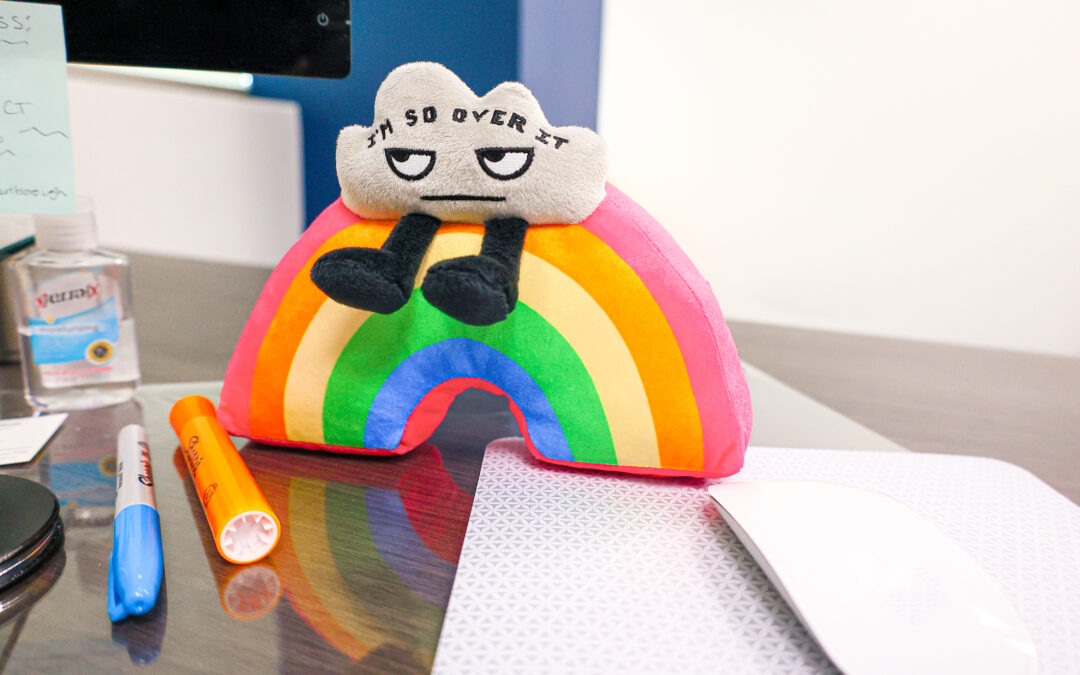You’ve probably heard the term liquidation but may not know exactly what it is. In the world of business, it is the process that a business uses to pay their debts by selling their goods and assets. A liquidation company buys the goods at a discount and then resells them to the public. Many of these products are brand name goods from companies whose names are very familiar with consumers.
Making money this way is possible because of the nature of liquidation, which is why more and more people have considered starting their own liquidation business. There are a few ways that people can start their own business, such as buying wholesale products to liquidate, buying return pallets from big companies, or buying the assets of a business that is closing. Here we’ll discuss what you need to consider when starting your own liquidation business.
3 Steps to Starting Your Own Liquidation Business
First, you will need to think about the money you can commit to your new liquidation business. You’ll need to have startup capital to make the business work. You won’t need a huge amount of money to get started, but you will need to have at least some amount of funds available to purchase your first inventory.
Second, you will have to be determined enough to track down a liquidation wholesaler or auction site that will let. You purchase returns from larger retailers. Many people choose to find a niche of products and get familiar with those before jumping in too deep. You want to have knowledge about what you’re selling if you want to turn it into a business. You will also need to decide if you are going to sell new, salvage, or refurbished stock. Oftentimes, when starting out, it is easier to sell brand new inventory, at least until you get used to the process.
Find Liquidator Wholesales on ASD Virtual Market
To source liquidation inventory from a reputable company you will have to obtain your resale certificate. This exempts you from paying taxes when you are purchasing items to resell. Almost all reputable liquidation or wholesale companies will require you to have this to prove that you are a legit company before they let you purchase goods.
Now that you have your resale certificate you will want to buy liquidation merchandise to resell. Most big retailers like Walmart, Target, Macy’s, Home Depot and more have private liquidation online marketplaces. In these marketplaces you can purchase overstock, liquidation inventory, and customer returned items directly from them. Most of these marketplaces use an auction-based format so you can browse the auctions and bid the amount that you are comfortable with.
Third, after you acquire your inventory, you are finally ready to resell. By now you should have already scoped and researched where you can sell your goods. Whether you choose to sell on eBay, Amazon, or another online marketplace, online is a great place to begin reselling. If you want to eliminate shipping costs and keep your business local, you could sell your goods in a brick and mortar store, thrift shop, or flea market.
A Quick Word About Liquidation Versus Wholesale
If you have been researching liquidation, you have likely come across the word wholesale. While these are similar business models, they are definitely different. For example, wholesale is the sale of products to businesses and resellers. The price is typically fixed, and the amount of product purchased can vary. Liquidation, on the other hand, often occurs when a business is trying to make cash quickly by selling overstock, obsolete goods, or overstock.
ASD offers one of the most comprehensive marketplaces for liquidated merchandise in all categories, register for our show.
Tips for Making a Profit in the Liquidation Business
So, you have decided to start a liquidation business. Let’s make sure that you don’t just break even, but that you make a profit. Here are a few tips to help you increase your bottom line:
- Make a business plan so that you know the cost of doing business. Account for inventory, shipping expenses, help, equipment, etc.
- Conduct market research. Learn who your customers are by conducting market research and adjust your marketing tactics to them.
- Educate yourself. Understand the options you have for selling so that you know the processes, rules, fees, etc.
- Research your competition. You must be competitive to keep your inventory moving.
- Provide great customer service and establish a good reputation. If you are consistent, responsive, and engaging, you will get good reviews and people will want to buy from you.
- Know what you are buying before you place your bid on a liquidation auction. Research the pricing, conditions, colors, models, etc. for each auction lot before bidding.
- Learn condition codes. Each retailer will label the conditions of their products differently, so be sure you know that those are before bidding.
- Have a plan for shipping goods. You need to consider shipping and know whether you will be responsible for shipping the items you purchase to you or if they will be. Add the cost of shipping into the final bid price.
While starting a liquidation business may seem a bit daunting, it is actually a pretty straightforward process that has a lot of potential for success. The first step is to create your business and obtain your resale certificate. The rest you can tackle one little step at a time.








0 Comments